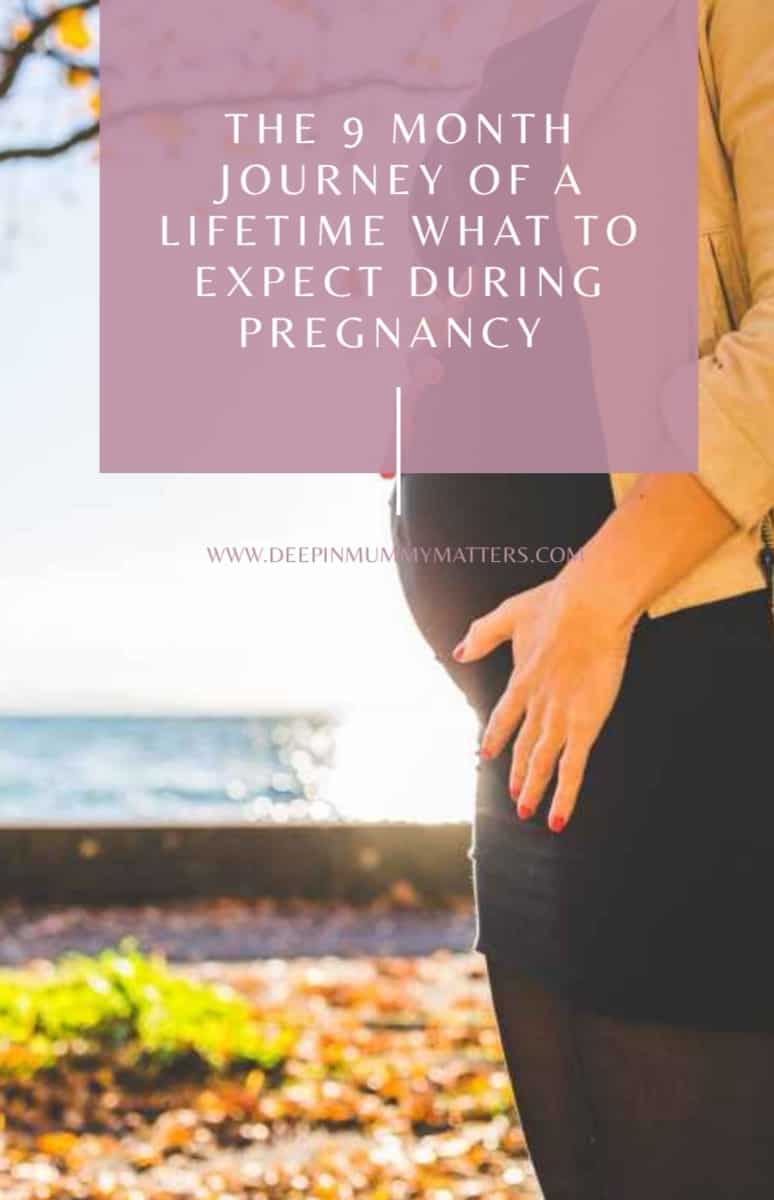They say life begins at conception. Your first sign of pregnancy might have been a missed period followed by a test to confirm the good news. The moment you realize you’re carrying life within you, everything changes. You know pretty well that life isn’t going to be the same again.
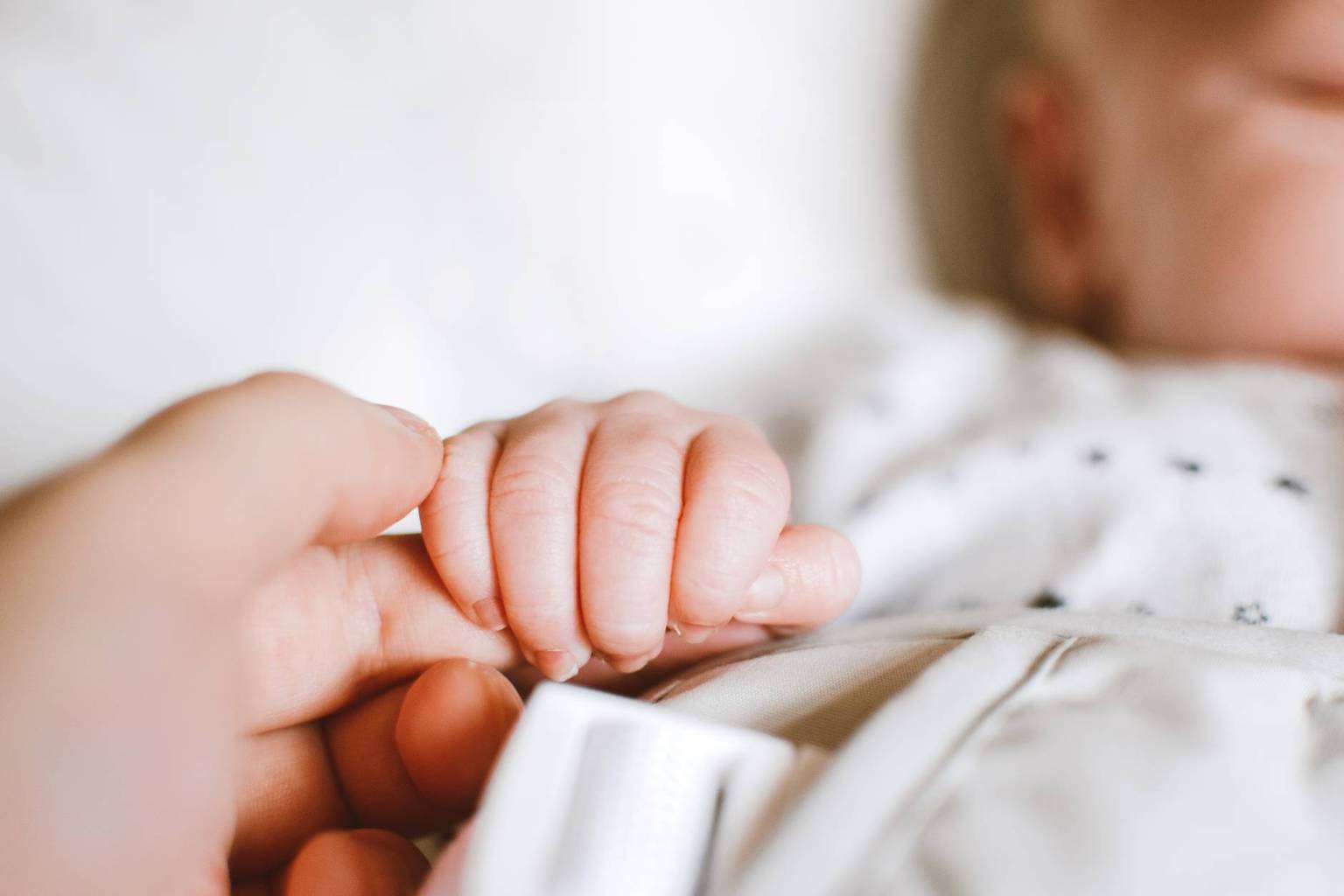
The thought that you’ll soon become a mom brings mixed feelings. You’re excited that someone will soon be all over calling you mom, while at the same time, you don’t know how the nine-month journey will be like. While there are several people to learn from, it’s always different for everyone. Even then, the physical and emotional changes that come with pregnancy cut across the board.
The nine-month journey is divided into three stages, otherwise known as trimesters. Each of the stages of pregnancy is vital in foetal development, and you’ll experience several changes as your body adjusts to accommodate the growing being.
So, let’s see what to expect during pregnancy.
The First Trimester
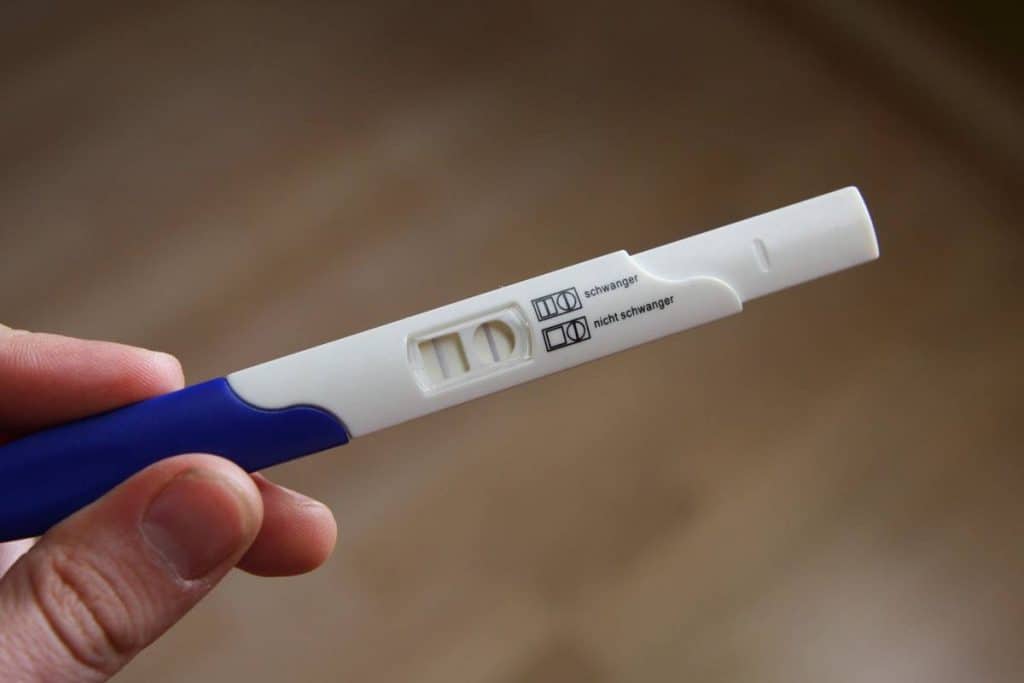
You just missed your period, and on performing a pregnancy test, the results turned out positive. That’s the beginning of your first trimester. It starts with a lot of excitement as you share the goods news with your partner. However, in the coming weeks, your body undergoes several physical changes that people around you can quickly notice.
They include:
- Tender, Swollen Breasts – Immediately after conception, hormonal changes tend to get your breasts sore or sensitive. This may go for some weeks, but once your body adjusts to the changes, the tenderness may ease.
- Nausea, With or Without Vomiting – During the first trimester, morning sickness can strike at any time. It could be the moment you get up, at midday, or deep into the night. Usually, this is due to rising hormonal levels, and to avoid feeling nauseated, don’t survive on an empty stomach. Eat smaller food portions regularly and avoid food with too many fats, as it may worsen your nausea. Additionally, drink plenty of fluids.
- Fatigue – Soon after conception, the levels of progesterone soar, and this can cause you to sleep quite often. Don’t deny your body the sleep, but try mild workouts to keep your body active.
- Increased Urination – Don’t be surprised if you have to visit the restroom five times within an hour. During pregnancy, your blood volume goes up, and this causes your kidneys to process more fluids, making your bladder full after short periods.
- Constipation – Due to high levels of progesterone, the movement of food through your digestive system tends to slow down, resulting in constipation. To prevent this, take plenty of fibre-rich foods and drink lots of fluids.
- Food Cravings and Aversions – It’s normal to become sensitive to some odours when pregnant. Sometimes even your sense of taste can change. Usually, it’s caused by hormonal changes, and you just have to live with it.
- Heartburn – Hormones released during pregnancy relax the valve between your stomach and oesophagus, allowing stomach acid to leak into the food pipe. This leads to heartburn. Avoid citrus, dried, or spicy foods and take little food portions at a time.
Apart from physical changes, pregnancy is accompanied by emotional changes. It’s normal to worry about your baby’s health and the demands of parenthood. However, with the time you get used to it and life moves on.
The Second Trimester
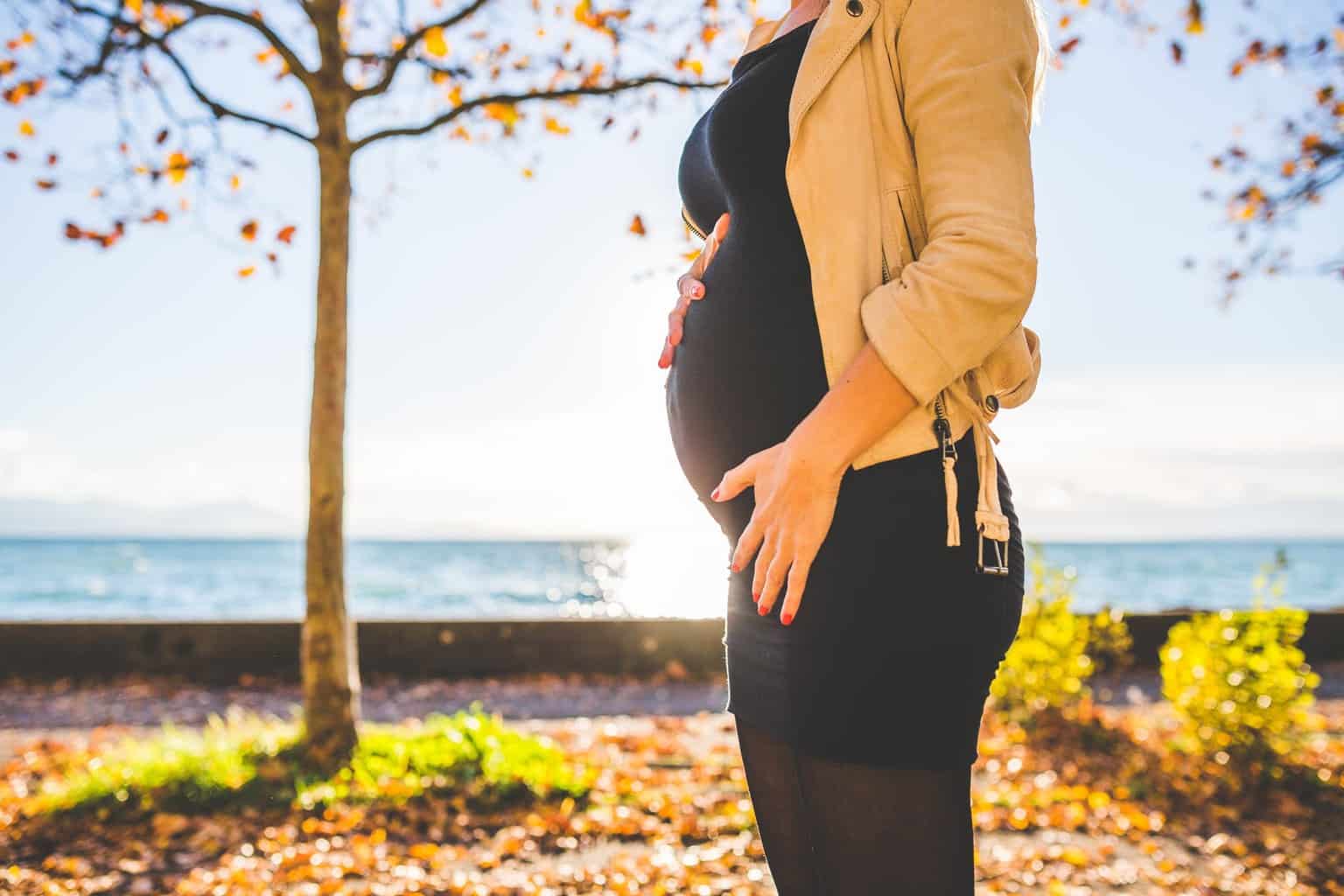
Trimester two begins on week 13 and runs to the 27th week. During the second trimester, the baby grows larger and more robust, and you start noticing a change in the size of your belly. For most women, this stage is a lot easier than the first one. The symptoms you experienced in the first trimester begin to improve. In most cases, nausea and fatigue lesson, and you’re not as moody as before.
Just like the first trimester, this too comes with several physical changes such as:
- Your belly begins to bulge out
- Dizziness due to low blood pressure
- Feeling baby movements
- Body aches
- Increased appetite
- Darkening of the skin around your nipples
- Swelling of the ankles or arms
- Body aches
- Increased appetite
- Varicose veins#
However, according to a vein specialist in Phoenix, if you experience extreme swelling due to varicose veins, don’t hesitate to visit your doctor. Generally, for most women, the second trimester is the most enjoyable part of the nine-month journey, and you too might find it interesting.
The Third Trimester
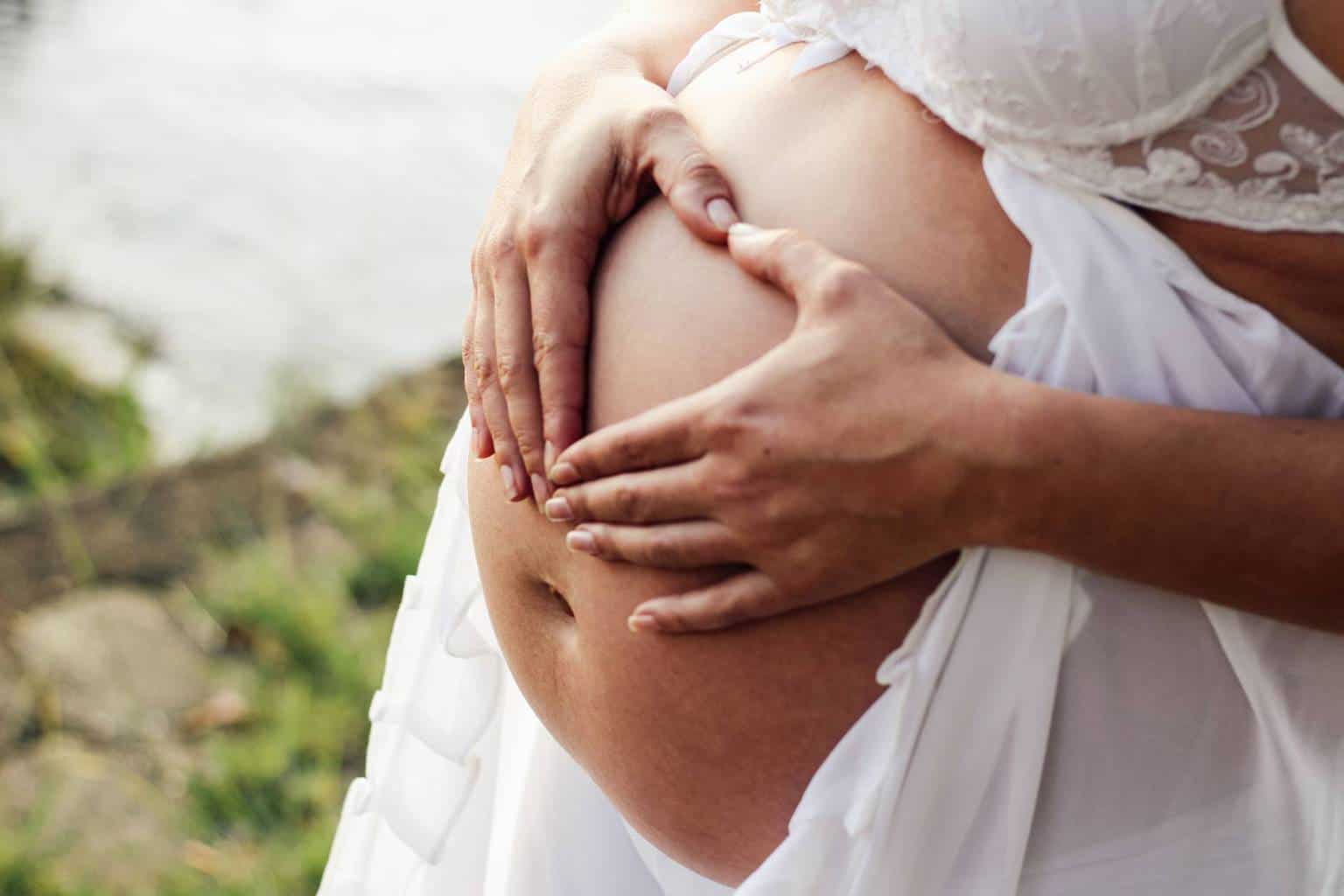
The third trimester begins at week 27 or 29 and stretches to the 40th week. The stage comes with a mixed feeling. You’re excited about the baby, but feeling a little exhausted, especially since the baby is grown.
The baby continues to grow, and at this time, you should start shopping for baby essentials like bassinets, as the baby can come at any time. The coming of the baby is now real, and you start thinking of what happens during labour. You may not experience several physical changes, but as the baby moves down the pelvis, your body adjusts accordingly.
Here’s what to expect during the last trimester:
- Backaches – Hormones released during pregnancy tend to relax the connective tissue that holds your bones together, resulting in discomfort on your back.
- Shortness of Breath – The enlarged uterus compresses the lungs, leading to shortness of breath.
- Frequent Urination – As the baby moves deeper into your pelvis, your bladder is compressed, causing frequent urination.
Baby movements are more evident at this stage and may be accompanied by increased discomfort. Generally, your body is set to deliver the baby, who is now fully grown. Even then, the fears of childbirth become more persistent, as you wonder how much it will hurt. During this time, consider performing mild exercises to prepare your body for childbirth.
That’s a glimpse of what the nine-month journey is like. Enjoy it whenever possible and flow with the changes as they come!
